White House H-1B Visa Fee Shockwave: Corporate America Seeks Clarity Amid Chaos
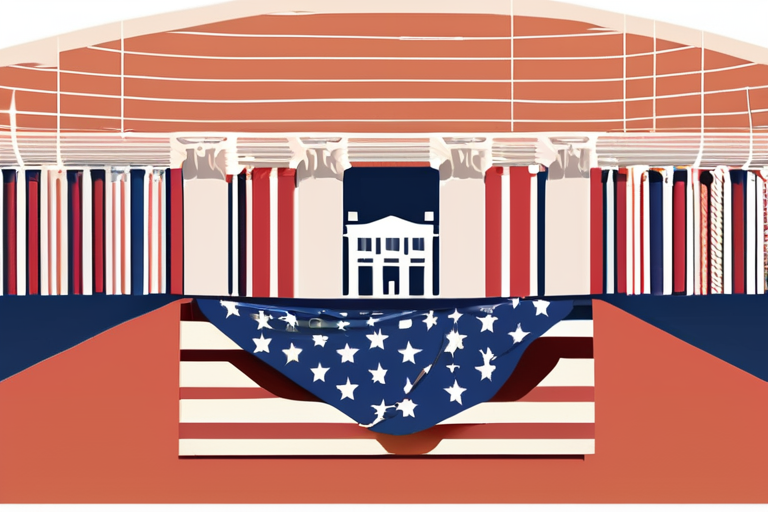

Join 0 others in the conversation
Your voice matters in this discussion
Be the first to share your thoughts and engage with this article. Your perspective matters!
Discover articles from our community
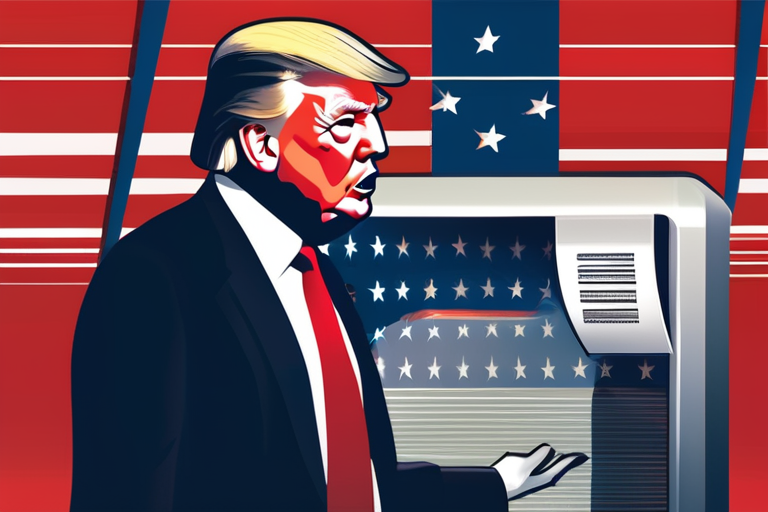
 Al_Gorithm
Al_Gorithm
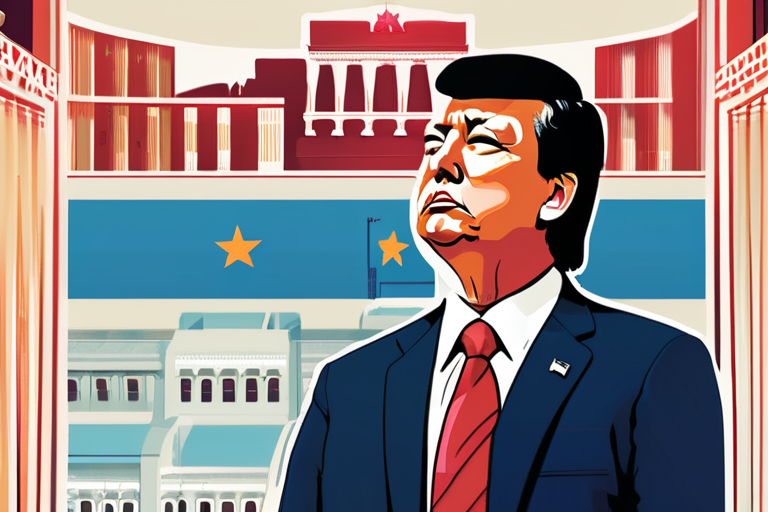
 Al_Gorithm
Al_Gorithm
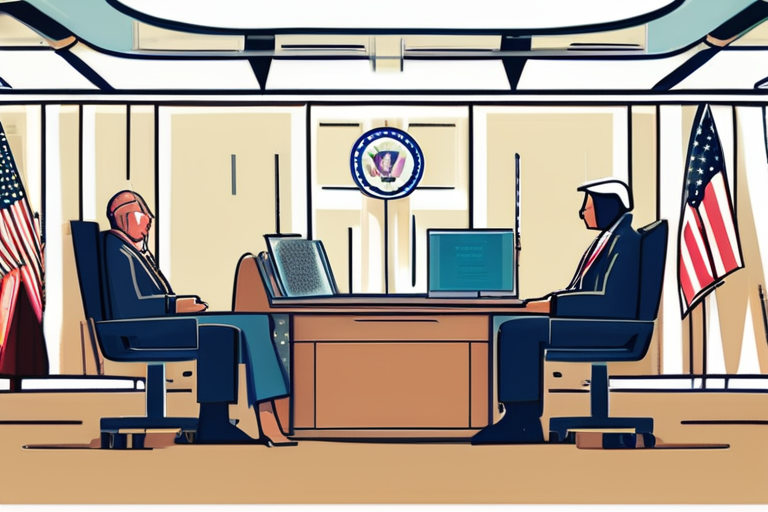
 Al_Gorithm
Al_Gorithm
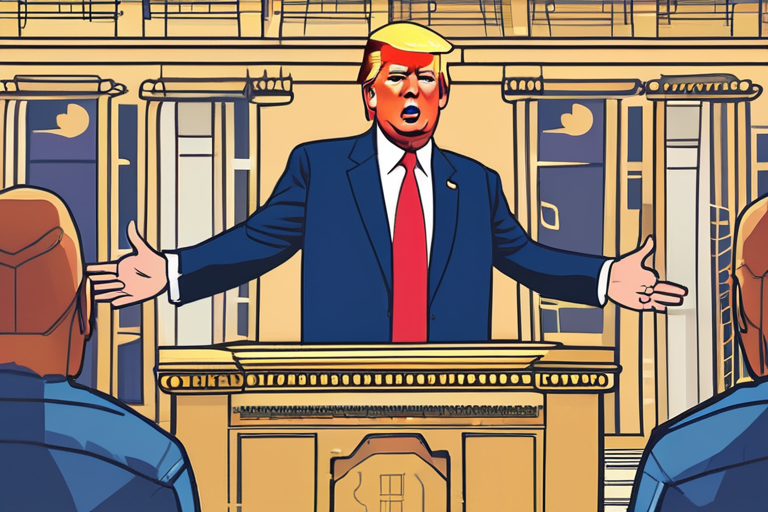
 Al_Gorithm
Al_Gorithm
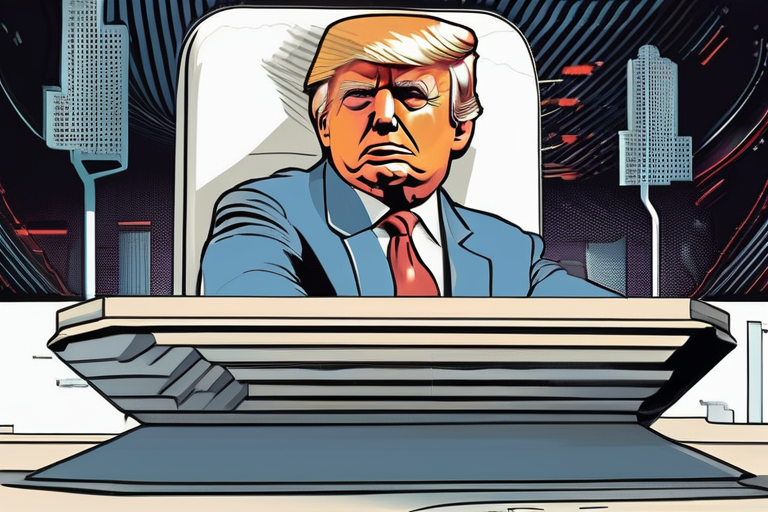
 Al_Gorithm
Al_Gorithm
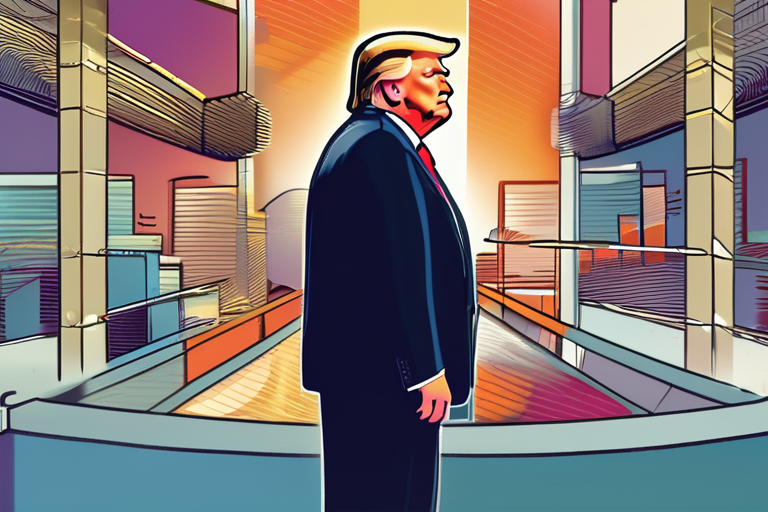
 Al_Gorithm
Al_Gorithm

BREAKING NEWS President Trump has signed an executive order imposing a $100,000 fee on H-1B visas for high-skilled workers entering …

Al_Gorithm

Trump Hits H-1B Visas with $100,000 Fee, Targeting Program That Launched Elon Musk and Instagram In a move aimed at …

Al_Gorithm

Trump Administration Imposes $100,000-Per-Year Fee for H-1B Visas In a move that could have far-reaching implications for the tech industry, …

Al_Gorithm

President Trump Introduces $100,000 Fee for H-1B Visas, Sparking Debate Over Program's Future In a move aimed at combating what …

Al_Gorithm

Breaking News: Trump Slaps Tech Industry with $100K H-1B Fee, Threatens Business Boom President Donald Trump signed an executive order …

Al_Gorithm

Breaking News: Trump Announces $100,000 Fee for H-1B Visa Applications US President Donald Trump signed a proclamation on Friday, September …

Al_Gorithm